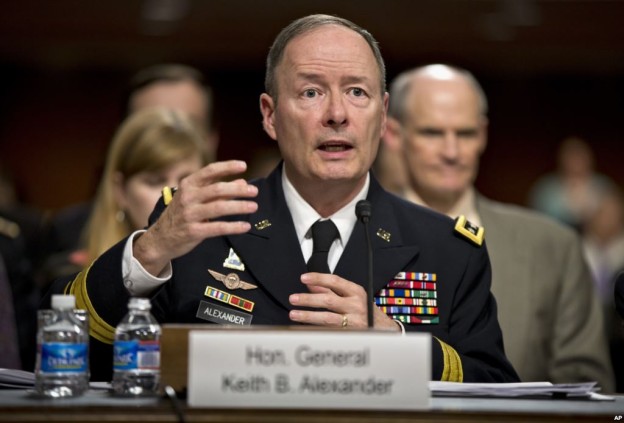 When the Senate Appropriations Committee meets, the subject is usually money — say the $13 billion that the administration is seeking for cyber warfare in the Fiscal Year 2014 — but how the National Security Agency, U.S. Cyber Command, the Department of Homeland Security, the Department of Commerce and the FBI planned to spend that money was swept away by repeated questions over just what the federal government was doing in collecting so much data on U.S. citizens.
When the Senate Appropriations Committee meets, the subject is usually money — say the $13 billion that the administration is seeking for cyber warfare in the Fiscal Year 2014 — but how the National Security Agency, U.S. Cyber Command, the Department of Homeland Security, the Department of Commerce and the FBI planned to spend that money was swept away by repeated questions over just what the federal government was doing in collecting so much data on U.S. citizens.
There is an inherent tension between security and privacy and citizens want to know what the government is doing with the data it is collecting from phone calls to Google searches to credit card purchases, said committee chair Sen. Barbara Mikulski (D-Md.).
In the wake of revelations of the widespread collection of phone and other data through at least two surveillance programs by a former National Security Agency and CIA contractor to The Guardian and The Washington Post, Gen. Keith Alexander, who heads both the NSA and Cyber Command, got the most questions.
“I want the American people to know that we are trying to be transparent,” he told the panel.
Alexander said he would work together with the administration, the Congress and the courts to declassify as much information as possible.
“We operate in a way that ensures we keep the trust of the American people,” he said.
Alexander declined to say more in open session on how NSA programs disrupted dozens of potential terrorist attacks in the United States. He told the panel he hoped to provide data in the next week.
But Alexander added, “There is no doubt in my mind that we will lose capabilities, because of the exposure of the NSA programs. Our security is jeopardized. We are less secure than two weeks ago.”
Sen. Patrick Leahy (D-N.H.) and chairman of the Judiciary Committee, said he intended to hold a hearing to question Alexander, Department of Homeland Security and the FBI on surveillance operations inside the United States and involving United States citizens.
As to Edward Snowden’s, the former employee of Booz Allen Hamilton, claim that he and other analysts could get into anyone’s computer, Alexander said, “I know no way to do that.”
Of particular concern to both Democrats and Republicans on the committee was how a person with Snowden’s background – high school and community college dropout, apparently medically discharged from the Army who had worked as a security guard – be hired for such a sensitive post.
“I have great concerns over” hiring so many contractors like Snowden. “Some of these folks have great skills to operate networks,” but this creates a problem that Alexander said needs to be addressed inside the government.





